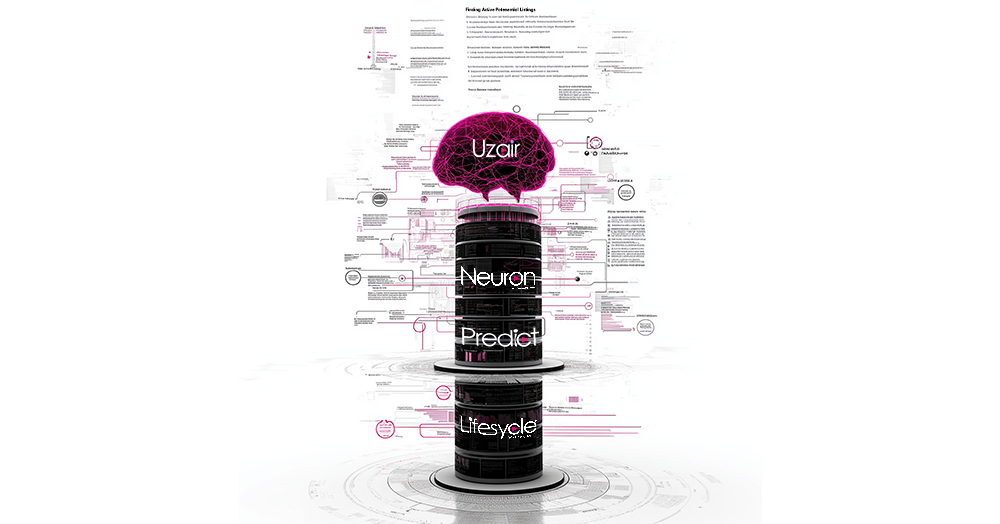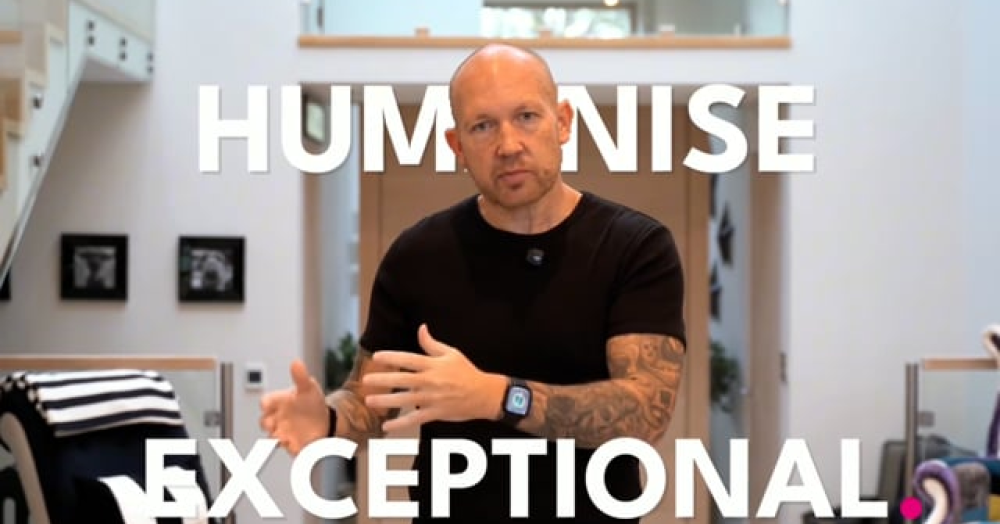How to survive and thrive in today’s uncertain economic climate
Economic uncertainty is impacting estate and letting agencies, making efficiency crucial. In this article, CEO and best-selling author Mark Burgess offers strategies to help businesses survive slowdowns and thrive when the market rebounds.

The economic uncertainty we're facing today is affecting industries across the board, and the property sector is no exception. Whether it's inflation, rising interest rates, or fears of a potential recession, estate and letting agencies are feeling the pinch. Many of these agencies are small businesses, and even large chains operate on a branch-by-branch basis, meaning that economic shifts can hit hard at the local level. It’s more important than ever to ensure your business runs smoothly and efficiently, especially when dealing with reduced manpower or a slowdown in the market. In this article, our CEO and best-selling author Mark Burgess explores how businesses can survive when the market slows—and how to set themselves up to thrive when it rebounds.
One of the key lessons I’ve learned from managing multiple businesses through tough economic times is that we often assume our businesses are running as efficiently as possible, that is until we’re forced to re-evaluate. When challenges arise, whether it’s a slow market or economic downturn, businesses often find ways to streamline operations and work smarter.
Typically, businesses respond to these challenges in one of two ways:
1. Cutting Back on Services and Productivity
The first, and often easiest, option is to reduce service levels, marketing, or productivity to cut costs. However, this approach can lead to a downward spiral that is tough to reverse. While cutting back might seem necessary in the short term, it often results in reduced customer satisfaction, lower revenue, and a weakened market position.
2. Leveraging Technology to Work Smarter
The smarter option is to harness technology to streamline operations. By automating time-consuming manual tasks, and using systems that prompt you to focus on the most important tasks at the right time, you can maintain or even increase productivity without needing more staff.
While investing in new technology might seem like a cost at first glance, it's crucial to evaluate the return on investment (ROI). For example, if you can implement a system that costs your business £1,500 per month but saves you £4,000 in staff time, efficiency, or marketing costs, then you’re not just surviving the downturn, you’re positioning your business to come out of it stronger.
Why Investing in Technology Pays Off
Harvard Business Review’s article, “How to Survive a Recession and Thrive Afterward,” noted that during past economic downturns, some businesses emerged stronger than before. Their research found that 9% of companies studied didn’t just recover after a recession, they flourished, with sales and profit growth outperforming competitors by at least 10%. A common thread among these businesses was their willingness to invest in digital tools and technology.
In the property sector, investing in technology means adopting systems that automate client communications, marketing, and business processes. At our Estate Agency X conference in October, we will discuss the transformational impact of automation and big data systems on estate and letting agencies. Companies that embrace these changes now are not only preparing for economic downturns, they’re setting themselves up to innovate faster and be at the cutting edge of the industry.
With an uncertain economic future ahead, now is not the time to panic but it is the time to prepare. By investing in technology and streamlining your processes, you can ensure that your business is running as efficiently as possible, no matter what the economic climate throws at you.
In the best-case scenario, you’ll have a leaner, more efficient business that puts you at the forefront of the UK’s estate and letting agency market. In the worst-case scenario, making these changes now could be what saves your business.
Book a call
Unlock the transformative power of our AI Operating System for Estate Agents. Designed to replace an agents prospecting tools, CRM, marketing tools, compliance tools and even their website in order to future proof their business and increase profit.
First Name*
Last Name*
Email*
Phone*
Company*
Which best describes your estate agency?
Are you the final decision maker for technology and strategic investments in your company?
Affordability-We understand it is our job to show you the measurable ROI value Iceberg’s solutions can bring to your agency. The investment starts from £1,299 per month. If you did see the benefit of our platform, is this affordable?
Any other information
Please confirm that it is okay for us to contact you about this information as well as products and services. (You will always be given the right to unsubscribe at any point in the future)*
Latest news
Getting Ahead in 2026: Safeguarding Your Estate Agency and Embracing AI for a Stronger Future
As we step into 2026, the landscape for estate agents continues to evolve at pace. This year, the focus isn't just on adapting, but on strategically getting ahead, safeguarding your business, and truly understanding the transformative power of artificial intelligence.
Read more
What Replaces CRM Software in Estate Agency?
CRM software has been part of estate agency for so long that most people no longer question why it exists. It is simply assumed to be necessary, unavoidable, and fixed. But the question agents are increasingly asking is no longer which CRM to use. It is what replaces CRM software in estate agency altogether?
Read more
Systemise the predictable so you can humanise the exceptional
This video from Mark Burgess explores how estate agencies can rethink the way instructions are won. By systemising predictable processes and timing human interaction properly, agencies can create far more consistent and scalable results.
Read more



